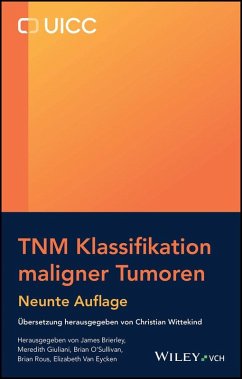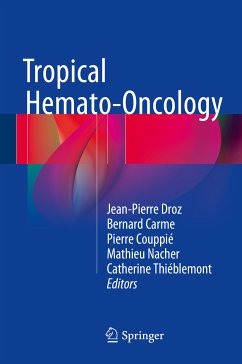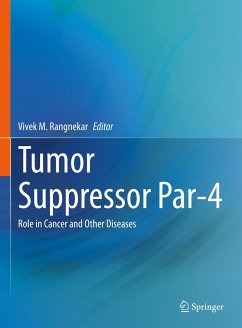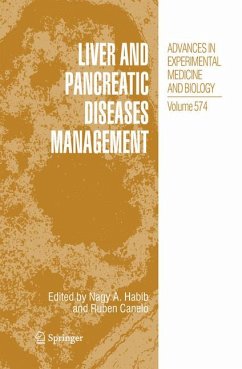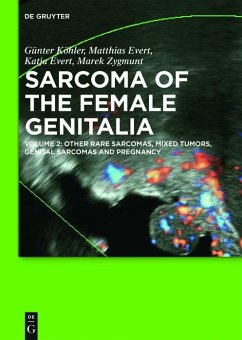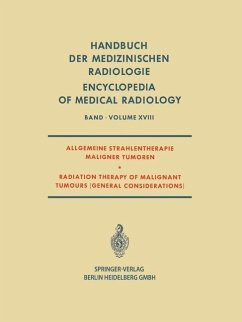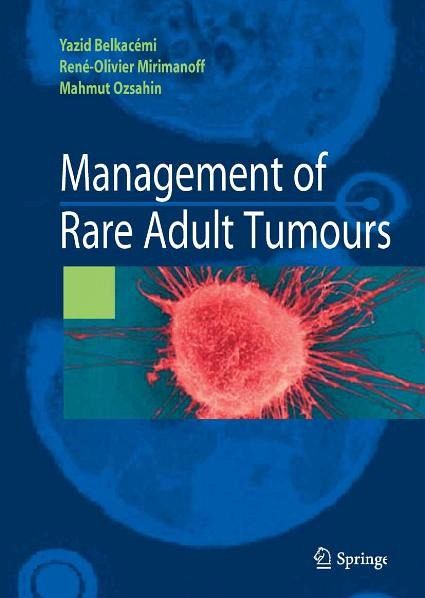
Management of rare adult tumours (eBook, PDF)
Versandkostenfrei!
Sofort per Download lieferbar
160,95 €
inkl. MwSt.
Weitere Ausgaben:

PAYBACK Punkte
80 °P sammeln!
Why a book dedicated to rare cancer management?Given the large variety of rare cancers,they take up a significant part of our daily practice. Therefore, we owe it to our patients with rare tumours that we use the knowledge gained in the treatment of the more common cancers to provide them with a better future. This knowledge comes from recent developments in molecular diagnostics, systemic treatments with new drugs and targeted therapies together with advanced technologies in the areas of radiology and radiation therapy. Our authors have analysed the literature and recommend treatments for rar...
Why a book dedicated to rare cancer management?
Given the large variety of rare cancers,they take up a significant part of our daily practice. Therefore, we owe it to our patients with rare tumours that we use the knowledge gained in the treatment of the more common cancers to provide them with a better future. This knowledge comes from recent developments in molecular diagnostics, systemic treatments with new drugs and targeted therapies together with advanced technologies in the areas of radiology and radiation therapy. Our authors have analysed the literature and recommend treatments for rare cancers based on results from past studies. We hope that this book will be an aid to those treating rare cancer cases about which, up to now, little has been published, and will reassure our patients that they have not been forgotten.
Given the large variety of rare cancers,they take up a significant part of our daily practice. Therefore, we owe it to our patients with rare tumours that we use the knowledge gained in the treatment of the more common cancers to provide them with a better future. This knowledge comes from recent developments in molecular diagnostics, systemic treatments with new drugs and targeted therapies together with advanced technologies in the areas of radiology and radiation therapy. Our authors have analysed the literature and recommend treatments for rare cancers based on results from past studies. We hope that this book will be an aid to those treating rare cancer cases about which, up to now, little has been published, and will reassure our patients that they have not been forgotten.
Dieser Download kann aus rechtlichen Gründen nur mit Rechnungsadresse in A, B, BG, CY, CZ, D, DK, EW, E, FIN, F, GR, HR, H, IRL, I, LT, L, LR, M, NL, PL, P, R, S, SLO, SK ausgeliefert werden.




